Photo: MGN
This article first published 4/24/20 by the Minnesota Spokesman-Recorder https://spokesman-recorder.com/2020/04/24/healthcare-industry-bias-portends-trouble-for-blacks-during-pandemic/
University of Miami Health System physician Armen Henderson was loading supplies into his van recently, preparing to test the city’s homeless population for the coronavirus under an I-95 overpass, when suddenly a City of Miami police officer pulled up behind him.
From his patrol car, the uniformed officer began to innocuously question Henderson, who is Black. Henderson described the encounter like this: “He [the officer] just said, ‘Are you littering over here? Do you live here? Do you work here?’ And I was like, ‘Yes, I live here. This is where we put our bulky trash and the City comes to pick it up every week at this same place.”
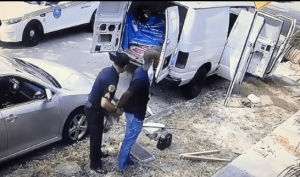
Photo courtesy Dr. Armen Henderson. “Dr. Armen Henderson being handcuffed”
Suddenly, the encounter turned sinister, Henderson said. The officer jumped from the car “and started yelling, ‘You call me sir or sergeant when I’m talking to you.’ I never said I was a doctor. But I didn’t cuss,” Henderson told the MSR. “He just grabbed my arms and cuffed me.”
Henderson said when the officer started to handcuff him he called for his wife to bring him his ID. A video of the incident taken by the couple’s home security cameras shows Henderson’s wife exiting the house moments later with what appears to be a driver’s license.
The video shows the officer releasing Henderson from handcuffs several moments later. The video has been viewed over seven million times on various social media forums.
“He just got in his car and drove away,” Henderson told the MSR, “without apologizing.” The confrontation between the two men on the last Saturday in March helps to explain why the coronavirus pandemic is nearly twice as deadly for Blacks and Latinos as it is for Whites. There are, in point of fact, two scourges for two Americas—one biological, one man-made.
While Whites need only concern themselves with the first, People of Color generally, and 42 million African Americans especially are tasked with surviving the worst global pandemic in a century. They must do so with no more material resources than their ancestors owned on New Years’ Day in 1863 when Abraham Lincoln signed the Emancipation Proclamation.
What this means is that the same racist attitudes that compel law-enforcement officers to terrorize Blacks in the streets are often shared by some medical professionals who treat African American patients with a cold indifference.
A recent study by the American Bar Association concluded that, aside from wide racial disparities in access to health care, “Black people simply are not receiving the same quality of health care that their White counterparts are receiving.”
The ABA continued, “For example, one study of 400 hospitals in the United States showed that Black patients with heart disease received older, cheaper, and more conservative treatments than their White counterparts. Black patients were less likely to receive coronary bypass operations and angiography. After surgery, they are discharged earlier from the hospital than White patients—at a stage when discharge is inappropriate.
“The same goes for other illnesses. Black women are less likely than White women to receive radiation therapy in conjunction with a mastectomy. In fact, they are less likely to receive mastectomies. Perhaps more disturbing is that Black patients are more likely to receive less desirable treatments.
“The rates at which Black patients have their limbs amputated is higher than those for White patients. Additionally, Black patients suffering from bipolar disorder are more likely to be treated with antipsychotics despite evidence that these medications have long-term negative effects and are not effective.”
Henderson said that only four percent of licensed physicians nationwide are Black, meaning that on top of the litany of cradle-to-grave disadvantages that help to weaken African Americans’ immune systems—from living in food deserts and atop environmental dump sites, to the proliferation of water and utility shutoffs, to homelessness, to prison overcrowding, to high-stress levels—Blacks are often treated by doctors who share the same racial biases as the police officer who handcuffed him.
Studies have shown that the affluent are tested for the virus at a rate that is far higher than low-income people; as evidence, Henderson noted that a testing site in Miami’s historically Black neighborhood of Liberty City opened only three weeks ago.
Moreover, he said, he’s heard of doctors charging Black patients in South Florida as much as $200 for the $40 test. “I can definitely see bias creeping into decisions about who gets ventilators and who gets [do not resuscitate].”
People are testing positive and getting sent home, and how can you quarantine when you live in a [crowded] two-bedroom apartment? There is no protocol, and if there is no protocol, doctors can do what they want. I definitely think that unconscious bias is playing a role in the way that things are happening the way they are.”

Submitted photo [MSR]. “Dr. Armen Henderson”
These disparities are part of the reason that Henderson and activists with the nonprofit groups Dream Defenders and Showering Love began an outreach effort in the city’s Overtown neighborhood at the beginning of March. “We’ve been out there once or twice a week handing out tents, toiletries, masks, socks,” he said.
“We’ve been testing individuals for COVID-19 because it’s the most vulnerable population. If you want to control the spread, you have to go right to the source and take care of these individuals first.”
The 35-year-old Henderson grew up in a hardscrabble neighborhood of North Philadelphia. He was first introduced to racism in medicine when the White dean of a prominent Ivy League medical school advised him to consider a career as a nurse rather than as a doctor, despite the fact that he had a 3.8 GPA and had participated in three clinical trials as a researcher.
Studies have shown that doctors’ racial attitudes color much of the disparate health outcomes for Blacks, resulting, as one example, in a tendency to under-prescribe pain medicine for Blacks because of the myth that they have a higher tolerance for pain and higher rates of addictions. Whites, on the other hand, are more likely to be over-prescribed.
“I’m not saying it’s all doctors, but we know that these biases are passed down from one generation to the next,” Henderson said.
Racial bias, combined with a failed market-based approach to health care, is simply ravaging Black America.
Six years ago, Eric Garner’s final gasping words while trying to fend off a police chokehold, “I can’t breathe” came to symbolize the asphyxiation of African Americans’ dreams for a better life.
Similarly symbolic is a coronavirus patients’ breathless question earlier this month as a New York city nurse anesthetist connected him to a ventilator: “Who’s going to pay for this?”
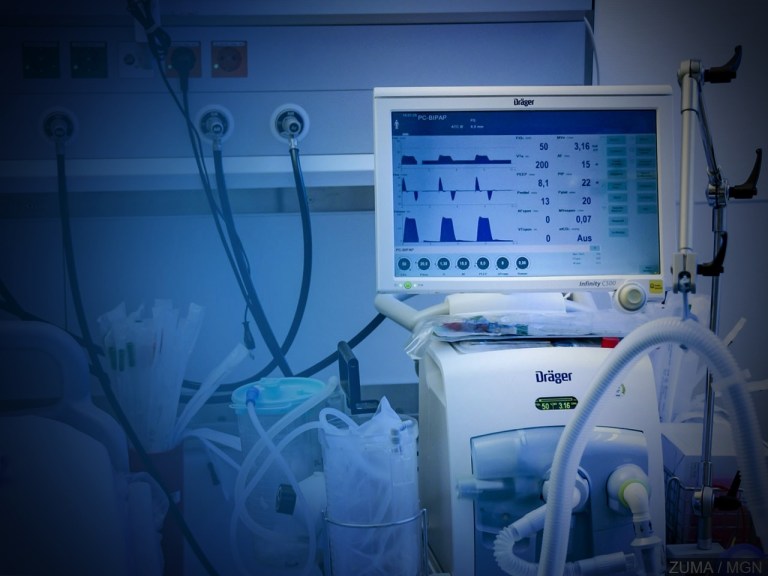

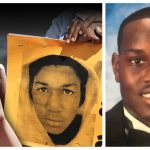
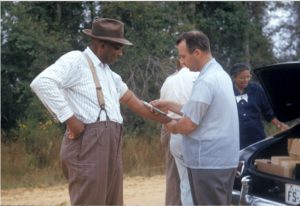


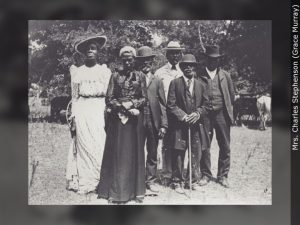

No comment yet, add your voice below!